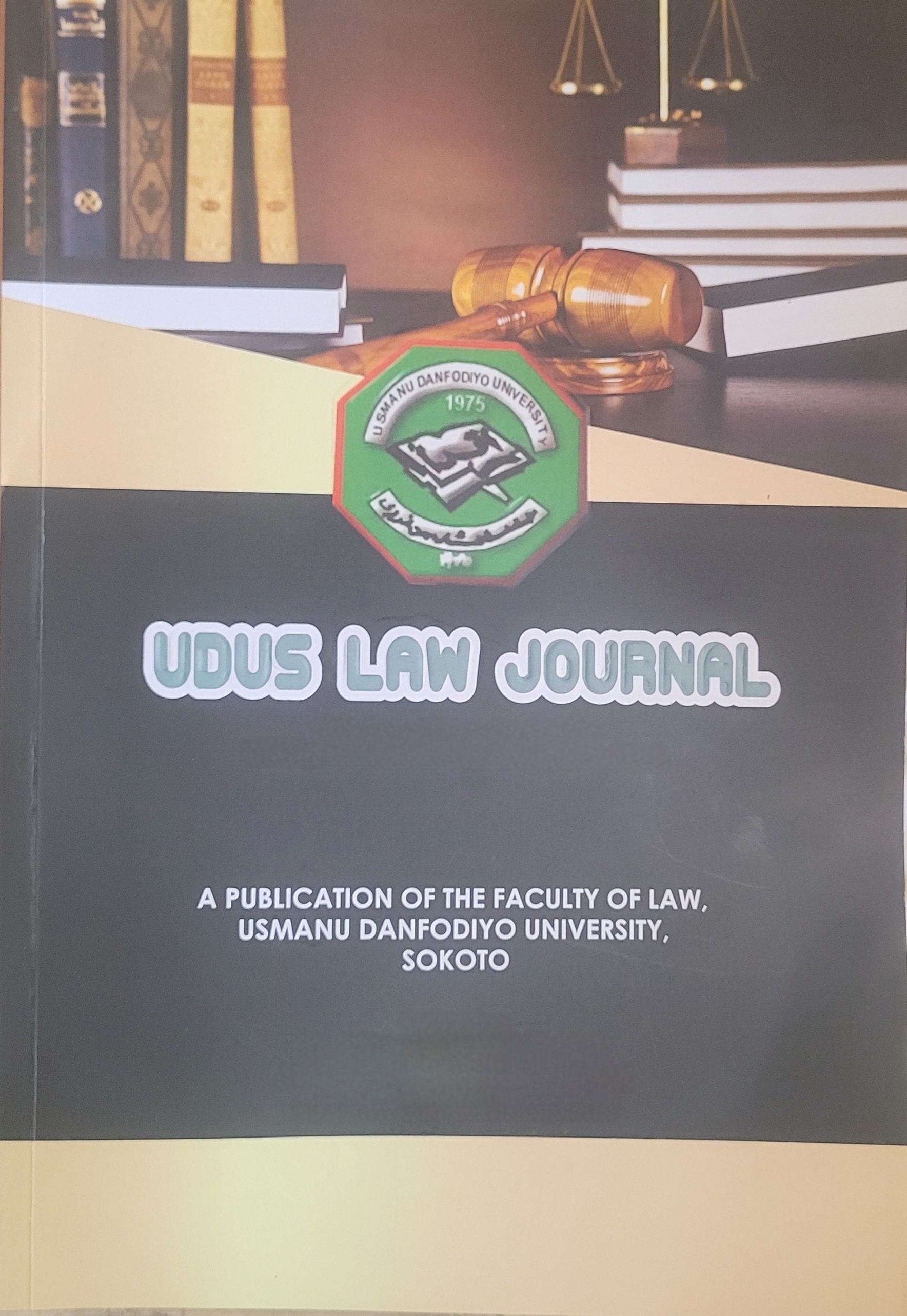Abstract
Gender considerations are crucial in resolving conflict and achieving sustainable peace in Africa. Generally, women and children are the hardest hit in conflict situations, particularly in armed conflict. They are exposed to various forms of sexual exploitation and abuse. Women are not only victims and combatants of war they are instruments of change. Research indicates that women are veritable weapons for conflict resolution; they are naturally skilful and experienced in promoting peace. This paper uses Sudan and Liberia as examples to buttress the role of women in post conflict processes. Despite this strong point and the numerical strength of women in Africa, they are denied equal opportunity to participate in conflict resolution. This negates democratic principles and contravenes their right to freedom from discrimination. In Africa, there are international and regional laws which protect the rights of women. However, these laws are inadequate to cater for the incorporation of women in conflict resolution and post conflict processes. At the global level, the United Nations Security Council Resolution 1325 of 2000 is a landmark legal tool that seeks to encourage the integration of women and children in post conflict situations. Unfortunately, this resolution lacks the legal teeth to bite. It is therefore desirable that Africa develops legal mechanisms that would protect the rights of women to participate in post conflict circumstances. Using analytical and library-based methods of research, this paper explores the role of law in facilitating the inclusion of women in conflict resolution and post conflict processes.



 National Library of Nigeria
National Library of Nigeria.jpg) Association of Nigerian Authors
Association of Nigerian Authors Nigerian Library Association
Nigerian Library Association EagleScan
EagleScan Crossref
Crossref